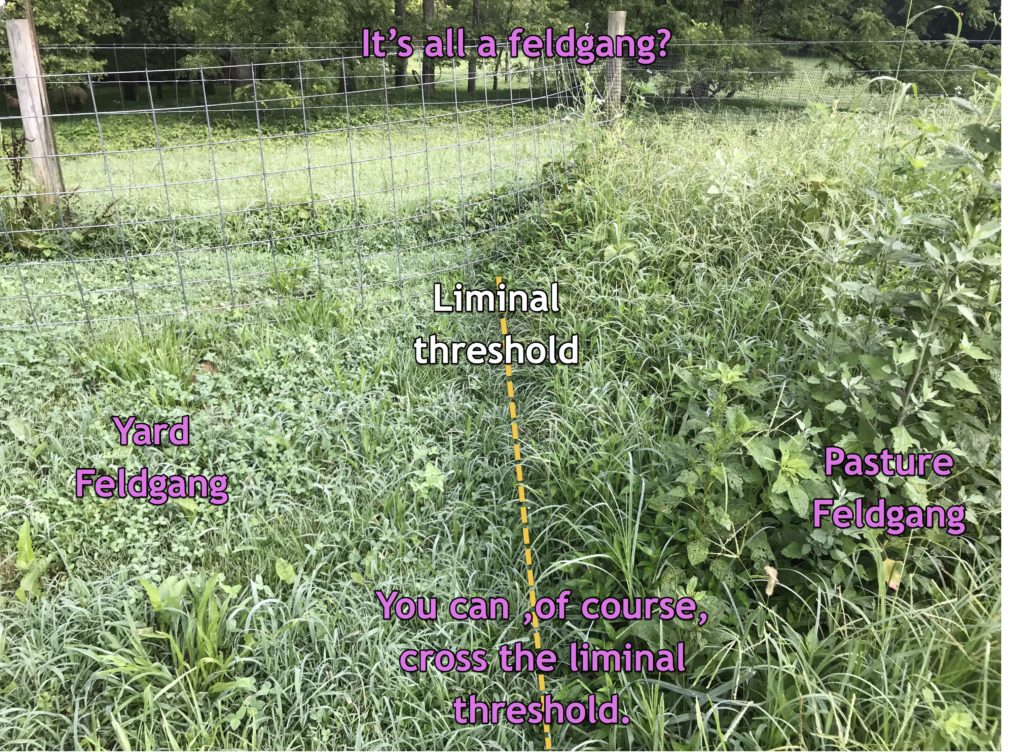Great—here's a refined and expanded set of Hypothes.is-style annotations for “The Age of Vibe Compute” by Evan Armstrong. These aim to mix praise, curiosity, and critique, especially probing the assumptions, metaphors, and economic implications of the argument.
🔍 Introduction + Framing of “Vibe Compute”
"Vibe Compute is the idea that AI is shifting from logic-based computing to more abstract, intuitive, and aesthetic processing."
🟡 Annotation:<br /> This framing implies a binary between "logic" and "vibe" that oversimplifies both traditional computing and what generative AI actually does. Even “vibe” is the result of statistical patterns in token prediction, not mystical intuition. Is this just a marketing rebrand of pattern recognition?
⚡️ Historical Analogy: Electricity & Cultural Tech
"Just as electricity transitioned from a scientific curiosity to a utility, AI is shifting from calculation to cultural production."
🔴 Annotation:<br /> This analogy is poetic but misleading. Electricity became invisible infrastructure; cultural production is highly visible, contentious, and subject to taste and politics. Does comparing AI to electricity downplay its disruptive social effects and ethical concerns?
🎭 Aesthetics Over Analytics
"We are moving from an era where computers do math to an era where they set vibes."
🟠 Annotation:<br /> But vibes are derivative—often trained on existing trends, tropes, and templates. If AI is setting the vibe, whose vibe is it reflecting? And do we risk narrowing cultural production by privileging what the algorithm says already works?
🤝 Human-AI Collaboration
"The best results emerge from humans and AI working together in a collaborative loop."
🟢 Annotation:<br /> Strong insight. But it glosses over the power asymmetry in these loops. Who owns the tools? Who gets credit? Is the human being treated as the final editor or just a prompt engineer for the machine's generative surplus?
🧠 Midwit Use vs. Mastery
"Vibe compute will let midwits perform like savants."
🔴 Annotation:<br /> This framing flirts with an elitist slur (“midwit”) and ignores how tools historically flatten hierarchies but also create new ones. Is this about empowering more people—or lowering the creative bar for everyone?
📈 Business Implications: Vibe as Competitive Edge
"The edge of AI is no longer technical; it’s aesthetic."
🟡 Annotation:<br /> This is a provocative shift. But are we equating "aesthetic" with "good enough to sell"? Aesthetic judgment is culturally specific and historically dynamic. What happens when business incentives push vibes that are homogenous, safe, and optimized for engagement?
🚨 Risk of Algorithmic Conformity
"Eventually, all outputs will begin to sound and look the same."
🟥 Annotation:<br /> This is the most critical tension in the piece—and it deserves deeper treatment. If vibe compute trends toward optimization, doesn’t it risk creating a kind of cultural monoculture? What mechanisms resist that flattening?
🧃 Vibe as Soft Power
"Vibes dictate consumer experience, investor confidence, and even political sentiment."
🟠 Annotation:<br /> A fair point, but it slips into a kind of vibe determinism. What about structural inequalities, social movements, or deliberate countercultures? Are vibes symptoms or causes? The article could explore how vibe compute interacts with resistance, not just persuasion.
🧵 Overall Meta-Critique
🟥 General Annotation:<br /> This essay brilliantly captures a real trend—the rise of AI in cultural domains—but risks leaning too hard on metaphor and branding. “Vibe compute” might obscure more than it clarifies, especially for readers trying to understand the real technical, social, and creative implications of large-scale generative models.
Would you like these compiled in a Hypothes.is-compatible format or ready for pasting into your own annotation stream? I can even help you seed a public Hypothes.is group around "AI & Culture" if you’re planning a broader discussion.






